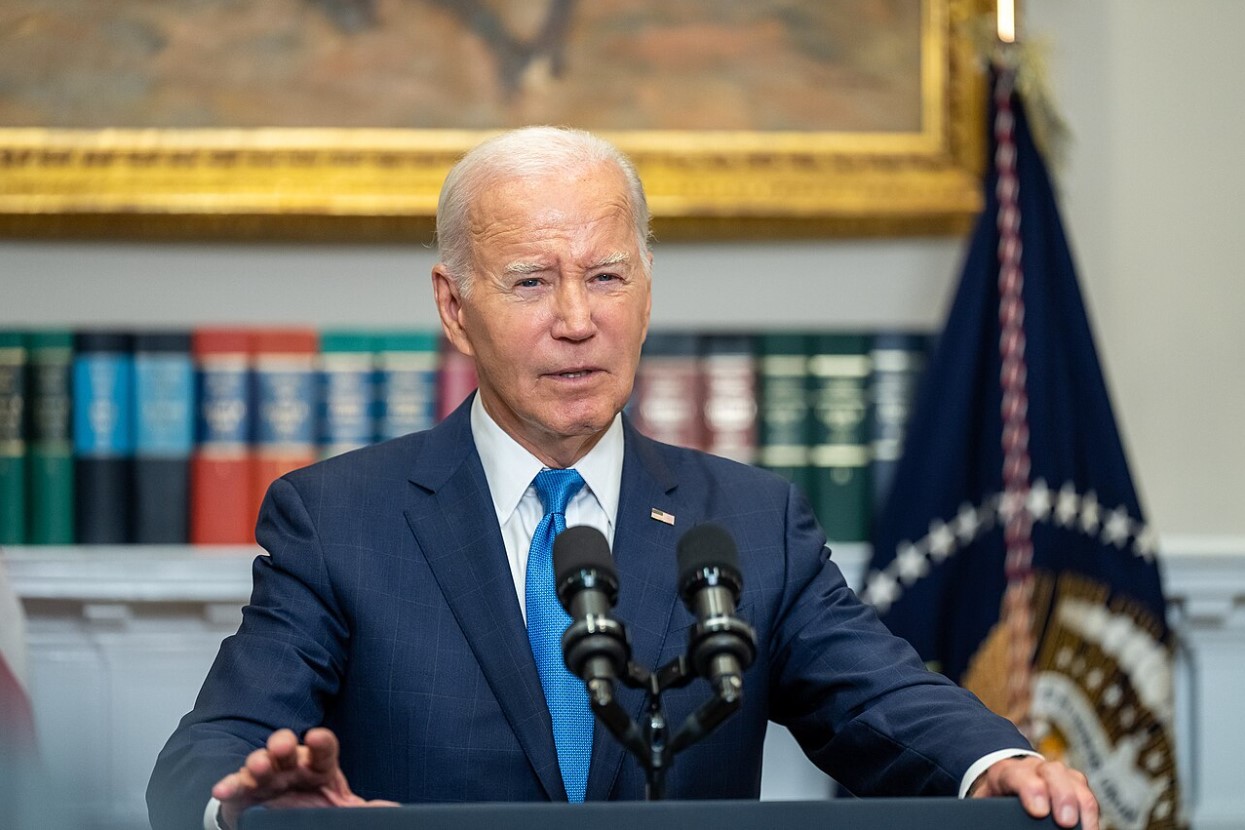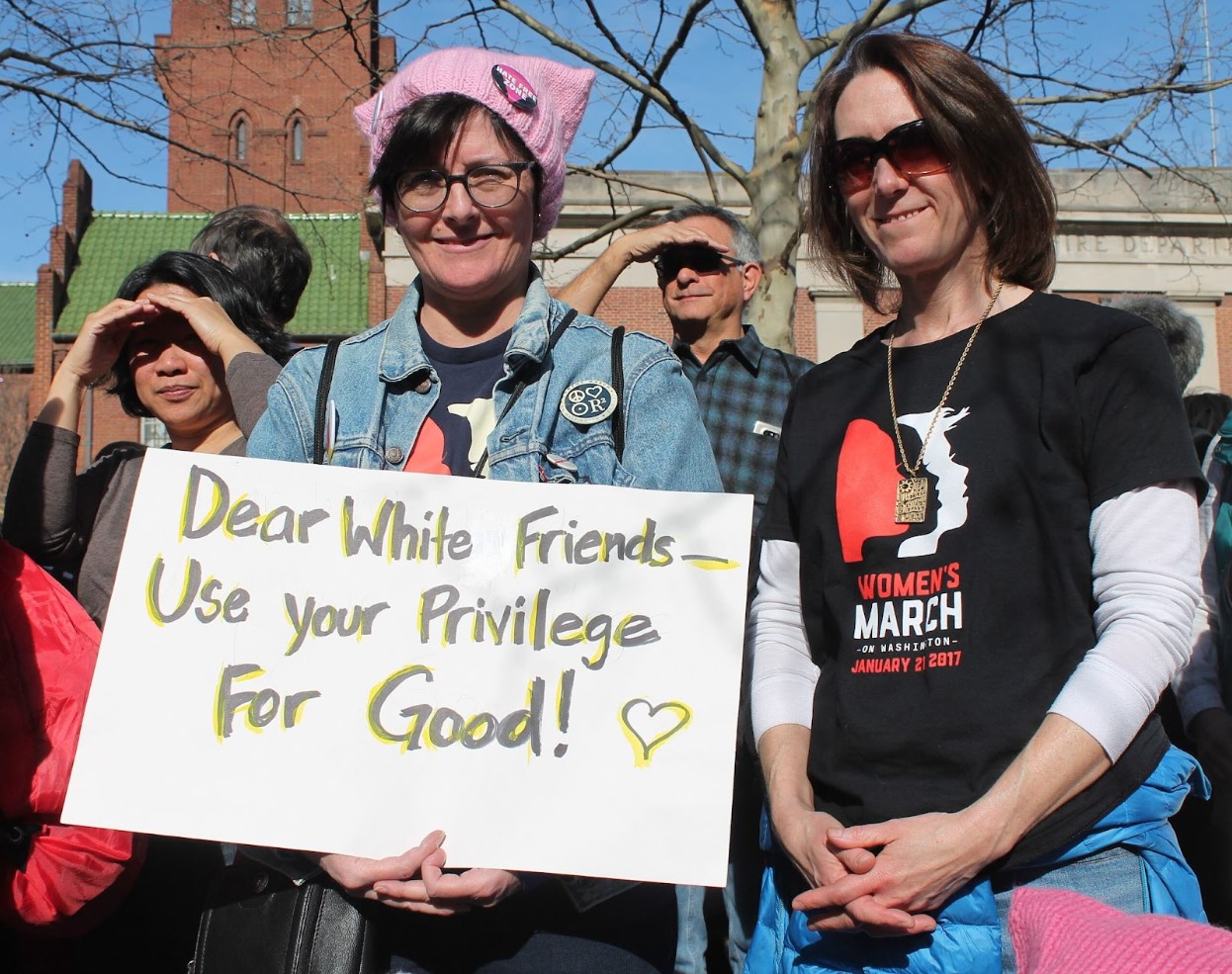You may be reading this in discomfort as the topic revolves around an issue that’s both critical and controversial. That is, about white privilege.
Defined by the Cambridge Dictionary as “the fact of people with white skin having advantages in society that other people do not have,” these privileges underline and emphasize racial inequalities. It’s a sad-but-true notion that requires our attention so we can address the biases shaping our socio-economic statuses.
Smoother Access to Education

It’s not a myth that white people have an easier time with college admissions. Accessing top tier schools and educational resources seem to be easier for them, especially compared to other ethnic groups (except Asians).
Statistics show that at 468 top American colleges, the ratio of white students against minority students was 3:1 in 2017. Overall, 73% of the students at top tier research universities are either white or Asian.
Better Career Opportunities

The easier access to education leads directly to the quality of education white students receive, widening their opportunities for employment after graduation. Often, their education shapes their career trajectories and potentials.
White people are still the employees of choice by many employers. They are more likely to get callbacks for job interviews, receive job offers, promotions, and career-advancing assignments. Needless to say, this privilege drives the wedge further between races in the workplace, influencing economic equity across different racial groups.
Higher Financial Security

With doors opening wide in their careers, white people generally receive a higher salary than their ethnic counterparts. This leads to better access to financial services, including better loan rates and smoother credit approvals.
The privilege extends to favorable mortgage terms and a wider range of investment opportunities. Simply put, white people are more financially stable than Black or Hispanic people, which sadly sustains the wealth gaps between racial groups.
Higher Quality Health Care

Racial disparity even affects the quality of health care received by white and non-white patients in the U.S. Black people, for example, don’t receive the same quality of health care the white people do.
White individuals often receive better quality care and more equitable medical treatment, resulting in better patient outcomes, more attentive service, and greater access to advanced treatments and preventive service. Naturally, this affects life expectancy in different ethnic groups, continuing the notion that race determines people’s health and well-being.
Stronger Favor in the Legal System

When a serious offense is committed by a white person and a person of color bearing the same criminal history, the law in the U.S. tends to favor the former rather than the latter. Yes, white people get better outcomes in the legal system—lighter sentencing, fewer convictions, etc.
Meanwhile, people of color may get charged with serious offenses, go to jail before trial, and receive a harsher sentence. All things being equal (e.g., severity of crime), people of color are burdened with harder punishments. Is it because white people have better representation in court? Or the judges and juries are more sympathetic towards white individuals? Maybe. But this still means racial inequity in the justice and legal systems.
Better Safety and Friendlier Policing

The white privilege’s better standing in court may also be related to the way white citizens interact with law enforcement. Simply put, they have a better rapport with the police.
With most Americans thinking that the police and justice system treat Black people unfairly, there’s a definite strain in the situation. White privilege means that police are quicker to profile or target non-white people as suspects, creating a huge disparity in treatment that affect the safety of whole communities in general.
Safer Housing and Neighborhoods

Metropolitan areas may diversify, but neighborhood segregation between whites and non-whites still exists. In fact, in California in 2020, Black Californians suffered a housing crisis.
More affluent areas with better facilities seem to be reserved for white families. This advantage puts white people with higher property values and safer schools. As wealth accumulates mostly in white neighborhoods, you don’t have to wonder why life expectancy is shorter in segregated Black neighborhoods.
Wider Political Influence

When you look at politicians in the U.S., diversity is not a major factor in politics. Most elected officials in the U.S. (around 90%) are white and male. Statistics may show a new, more diverse and inclusive Congress, but white men still dominate the political landscape.
With only one President of Color ever sitting at the White House, white individuals still wield a wider political influence and greater representation overall. This goes from local authorities to national leadership. This imbalance does little to help the empowerment of non-white groups in policy-making and legislation.
Bigger Media Representation

At the 96th Annual Academy Awards, three out of the winners in the Acting categories were all white. Only one actress, Da’Vine Joy Randolph, came home with an Oscar for Best Supporting Actress. This is par for the course in Hollywood, where media representation still favors the white.
Despite efforts by studios and networks to become more diverse in casting, white actors (and actresses) still get more recognition through films, TV series, news, and advertising. Not only is there a racial issue in the pay gap, but also a gender issue. Enough said.
Higher Cultural Authority

When white faces are more recognized, they get the chance to establish more authorities in different fields—fashion, beauty, language, and culture. They are widely accepted as the norm, thus forming a standard of “cultural authority” that dictates mainstream tastes.
This dominant cultural norm forces stereotypes to appear, swallowing the rich contributions of other ethnic groups to the social and cultural tapestry of our society at large and hiding them from view.
Privileges You Might Not Realize

White people generally have an easier time living in America. They have more freedom in their personal choices, without having to concern themselves how the public will see them. They receive more implicit trust, leading to preferential treatment from various institutions.
And yet, white privilege goes largely unacknowledged—seemingly invisible, even—by those receiving the benefits. For this systemic inequality and racial disparity to disappear, we need to make the topic more visible. Only then can we take steps to reducing it.

